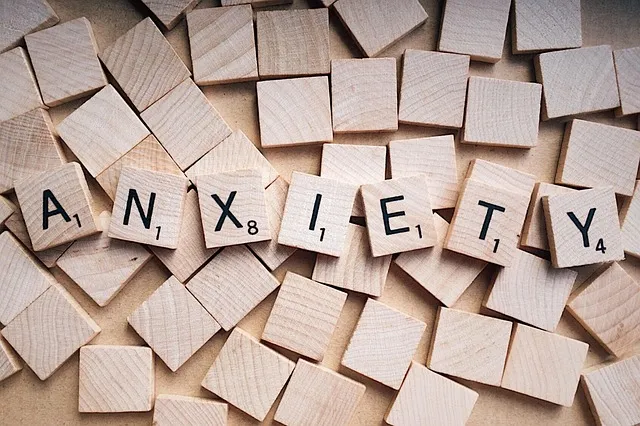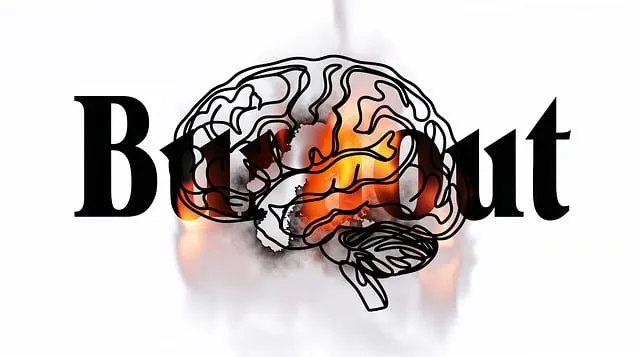The Lone Tree Kaiser Permanente behavioral health center offers comprehensive crisis intervention services, combining immediate support with evidence-based techniques for long-term mental resilience building. Their tailored approach includes stress management education, journaling exercises, and open dialogue to empower individuals in managing stressors. By training professionals to identify mental health emergencies and fostering community engagement, the center creates a supportive network that enhances overall mental well-being. This holistic strategy incorporates both proactive and reactive interventions for effective care.
In times of crisis, effective intervention strategies are paramount. This comprehensive guide explores the critical role of institutions like Lone Tree Kaiser Permanente Behavioral Health Center in providing swift and impactful support. We delve into understanding crisis intervention, identifying high-risk situations, and employing evidence-based methods for positive outcomes. From assessment techniques to post-crisis recovery planning, this article offers a strategic approach, highlighting the expertise of behavioral health centers such as Lone Tree Kaiser Permanente in navigating turbulent times.
- Understanding Crisis Intervention: A Comprehensive Approach
- The Role of Lone Tree Kaiser Permanente Behavioral Health Center
- Identifying and Assessing Crisis Situations
- Evidence-Based Strategies for Effective Intervention
- Post-Crisis Support and Recovery Planning
Understanding Crisis Intervention: A Comprehensive Approach

Crisis intervention is a critical process aimed at providing immediate support and guidance to individuals or communities facing severe stressors or traumatic events. At the Lone Tree Kaiser Permanente behavioral health center, we understand that every crisis is unique, requiring tailored strategies to address underlying issues effectively. Our comprehensive approach involves assessing the situation, implementing evidence-based techniques, and offering long-term solutions for resilience building.
Through our experience in Mental Health Policy Analysis and Advocacy, we recognize the importance of proactive measures. This includes educating individuals on stress management techniques and facilitating Stress Management Workshops Organization to empower them to handle future crises. By combining direct intervention with community engagement, we strive to create a supportive network that fosters recovery and enhances overall mental well-being.
The Role of Lone Tree Kaiser Permanente Behavioral Health Center

The Lone Tree Kaiser Permanente Behavioral Health Center plays a pivotal role in crisis intervention strategies for the community it serves. As a dedicated behavioral health center, it offers specialized care and guidance, particularly in managing and mitigating crises that can significantly impact mental wellness. The center’s expertise lies in providing immediate support during moments of distress, ensuring individuals receive the necessary tools to navigate through challenging situations.
Through its comprehensive services, Lone Tree Kaiser Permanente equips individuals with effective strategies, such as journaling exercises and stress management techniques, detailed in the Mental Wellness Journaling Exercise Guidance. Crisis intervention guidance is tailored to meet the unique needs of each client, fostering a supportive environment that encourages open dialogue and promotes positive mental health practices. The center’s goal is to empower individuals to take control of their well-being and effectively manage stressors, ultimately preventing future crises.
Identifying and Assessing Crisis Situations

Identifying a crisis situation is the first critical step in providing effective intervention. At the Lone Tree Kaiser Permanente behavioral health center, professionals are trained to recognize various signs that indicate an individual is experiencing a mental health emergency. This includes sudden changes in behavior, extreme emotional distress, and any talk of self-harm or suicide. Assessing the situation involves gathering relevant information through open dialogue, observing non-verbal cues, and understanding the person’s history. The goal is to create a safe space for individuals to express their feelings and needs without judgment, ensuring that they receive the appropriate level of care.
By utilizing evidence-based practices, such as compassion cultivation and mental wellness journaling exercises, the center aims to help clients navigate through crises. Public Awareness Campaigns Development plays a significant role in educating the community about recognizing these situations early on, fostering an environment where individuals feel supported and encouraged to seek help without delay. Through these strategies, the Lone Tree Kaiser Permanente behavioral health center strives to provide timely intervention, offering guidance and resources tailored to each person’s unique needs.
Evidence-Based Strategies for Effective Intervention

At the Lone Tree Kaiser Permanente behavioral health center, evidence-based strategies are at the core of crisis intervention. These methods, rigorously tested and proven effective, provide a structured approach to helping individuals navigate stressful situations. One such strategy is Emotional Well-being Promotion Techniques, which focus on teaching skills to manage and regulate emotions during crises. This can include mindfulness practices, cognitive reframing, and coping strategies tailored to individual needs.
Additionally, the center offers Stress Management Workshops Organization as a proactive measure. These workshops equip individuals with tools to anticipate and cope with stress before it escalates into a crisis. By fostering Stress Management, participants gain resilience and learn techniques to maintain emotional balance. This holistic approach, combining both reactive and proactive interventions, reflects the comprehensive care provided at the Lone Tree Kaiser Permanente behavioral health center.
Post-Crisis Support and Recovery Planning

After a crisis intervention, providing ongoing support and facilitating recovery planning is paramount to ensure individuals can regain their equilibrium and rebuild resilience. The Lone Tree Kaiser Permanente behavioral health center emphasizes that this process involves more than just addressing immediate symptoms; it’s about fostering a safe space for individuals to process their experiences, develop coping strategies, and set realistic goals for the future.
Integrating practices like mindfulness meditation into therapy sessions can be beneficial in managing stress and preventing burnout, crucial aspects of long-term mental health. Additionally, addressing the pervasive issue of mental illness stigma through reduction efforts creates an environment where individuals feel comfortable seeking help without fear of judgment, further supporting their recovery journey.
Crisis intervention strategies, as highlighted by the expertise at the Lone Tree Kaiser Permanente Behavioral Health Center, are crucial in managing and recovering from challenging situations. By understanding crisis intervention, identifying risk factors, and employing evidence-based strategies, individuals and organizations can provide effective support during and after crises. The comprehensive approach discussed in this article equips readers with valuable guidance to navigate and mitigate potential crisis scenarios, fostering a healthier and more resilient environment.






